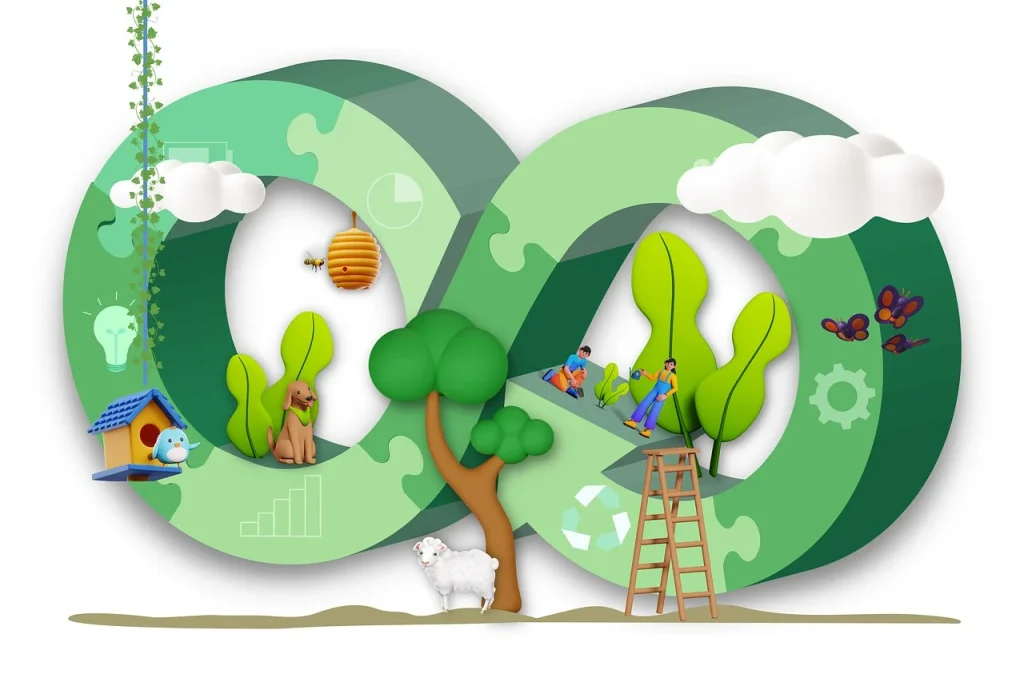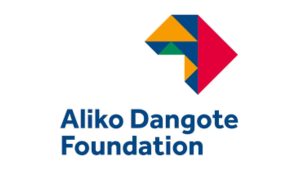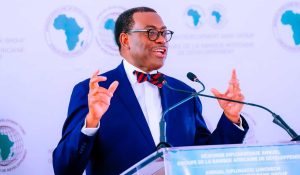
Stakeholders Set to Drive Nigeria’s Green Economy Transition
As Nigeria joins the global push towards a green economy, stakeholders in the extractive industry are taking critical steps to redefine their role in this transition. The forthcoming 13th Sustainability in the Extractive Industries (SITEI) conference in Lagos, themed “Extractives for Green Growth: The Strategic Role of Extractives in the Just Transition into an Inclusive Green Economy,” will serve as a platform for addressing this challenge.
CSR REPORTERS lauds this actioning as convened by CSR-in-Action. The conference is set to explore strategies that balance environmental responsibility, economic growth, and social equity.
Sustainability is no longer a buzzword but a vital component of long-term corporate success. For industries, particularly extractives, where the use of natural resources is central to operations, the need for a sustainable approach has never been more crucial. Sustainability promotes the responsible use of resources, minimizing environmental harm, and ensuring that economic benefits are equitably distributed. It also guarantees the well-being of communities directly impacted by industrial activities. This shift towards a greener economy allows companies in the extractive sector to contribute to environmental stewardship while boosting their social license to operate.
Bekeme Olowola, Chief Executive of CSR-in-Action and convener of SITEI, has underscored the critical role of the extractive industry in this transformation. She emphasizes that the global shift toward a low-carbon economy presents both significant opportunities and challenges, particularly for industries that are historically energy-intensive. The upcoming SITEI conference provides a timely forum for stakeholders—government representatives, civil society, academia, and local communities—to collaborate on how the extractive industry can embrace this shift without sacrificing economic or social progress.
The theme of this year’s conference highlights the dual challenge of sustaining economic prosperity while reducing the environmental footprint of industrial operations. For Nigeria, an economy heavily dependent on oil and gas, this transition represents a fundamental change in how resources are managed. By fostering dialogue and collaboration among stakeholders, the SITEI platform offers the extractive industry an opportunity to reflect on its practices, innovate, and play a strategic role in driving the green transition.
Sustainability in the extractive sector is essential for achieving broader environmental and social goals, including the reduction of carbon emissions, the mitigation of climate change, and the promotion of an inclusive economy. The SITEI 2024 conference will thus be critical in ensuring that the extractive sector not only adapts to but also actively supports Nigeria’s journey toward a greener future.
This proactive stance aligns with global trends that emphasize Corporate Social Responsibility (CSR) as a means for businesses to remain competitive and socially relevant. Through sustainable practices, companies can reduce their environmental impact, foster positive community relations, and create long-term value that goes beyond financial profits. The extractive industry, with its enormous footprint, has a unique opportunity to lead this transition, ensuring a just and inclusive green economy that benefits all.
OH yes! The SITEI conference is poised to shape the future of Nigeria’s extractive industries. It is an opportunity for stakeholders to devise strategies that foster sustainability and ensure that the transition to a green economy is not only effective but equitable. For a country like Nigeria, where extractive industries have long been the backbone of economic growth, the potential for these industries to pivot toward greener, more sustainable practices could define the next phase of the nation’s development.









